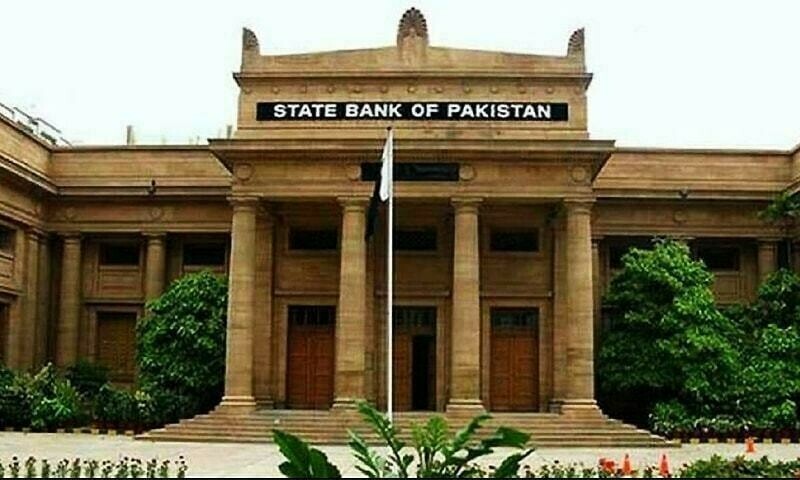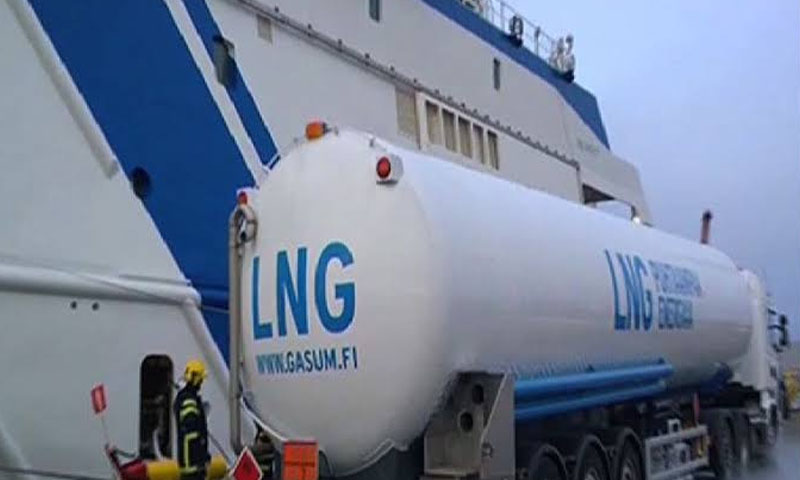TRADE & ECONOMY

Leading global financial magazine Barron’s, a sister publication of The Wall Street Journal, has described Pakistan’s recent economic turnaround as an “economic miracle” — a dramatic shift from near-bankruptcy in 2022-23 to macroeconomic stability in 2025.
In a comprehensive report, Barron’s warns global investors that they might regret overlooking Pakistan, where multiple indicators point to a remarkable recovery. The Karachi Stock Exchange’s benchmark KSE-100 index has tripled, inflation has plummeted from 40% to near zero, and the value of Eurobonds maturing in 2031 has surged from 40 cents to 80 cents on the dollar.
“Pakistan is a good story,” said Genna Lozovsky, Chief Investment Officer at Sandglass Capital Management. “So good it’s not risky enough for us anymore,” she remarked, citing reduced investment risk in what was once a high-debt frontier market.
The report highlights the significant role of tough monetary policies, with the State Bank of Pakistan raising interest rates from 10% to 22%, leading to short-term recession but successfully bringing down inflation. “The difficult decisions are showing results,” said Alison Graham, CIO at Walton Capital Management.
Economist Khaled Sellami credited Prime Minister Shehbaz Sharif and his economic team for steering the country through turbulent waters. “Pakistan’s stabilisation efforts deserve credit,” he said, pointing to a positive current account balance and primary fiscal surplus — rare achievements in recent decades.
However, Barron’s also cautioned that Pakistan's challenges are not over. The report noted that while economic stability has returned, growth remains elusive. Reforms tied to Pakistan’s IMF program — including increasing tax revenues and cutting costly power subsidies — will be difficult to implement given political pressures and vested interests.
The recent flare-up with India, according to Barron’s, is unlikely to derail the recovery. In fact, Pakistan’s strong military posture, combined with economic discipline, appears to have reassured global investors.
A senior analyst noted, “The market reacted jubilantly to the recent ceasefire with India, reflecting investor optimism in Pakistan’s stability.”
The report concludes that while Pakistan’s fundamentals are still fragile, the support from international allies — including China, Saudi Arabia, and the UAE — has created a cushion, encouraging long-term investors to keep a close watch.




